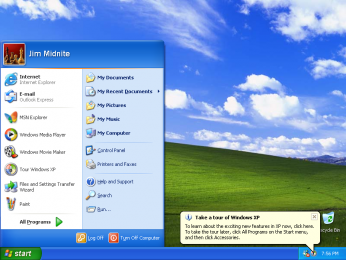 Alcatel-Lucent has told the world+dog that it is going to be the second telecom network equipment provider to re-invent itself as an IP networking and ultra-broadband access company.
Alcatel-Lucent has told the world+dog that it is going to be the second telecom network equipment provider to re-invent itself as an IP networking and ultra-broadband access company.
The troubled French-American maker of telecommunications equipment has been scratching its head trying to come up with a cunning plan to whisk its nadgers out of the fire. The company was created by the 2006 merger of the French company Alcatel and the North American player Lucent Technologies. It has since struggled to expand sales and restore profitability.
Reinventing itself will mean a package of cost cuts, planned job reductions and asset sales designed to raise at least 2 billion euros, or $2.7 billion, by the end of 2015.
The chief, Michel Combes, a former Vodafone senior executive hired in February to lead Alcatel-Lucent, which lost 1.4 billion euros in 2012, said he would refocus the company on selling wireless broadband equipment to carriers in France, China and North America, as an increase in mobile data traffic is prompting network operators to expand and upgrade their grids.
The company, created by the 2006 merger of the French company Alcatel and the North American player Lucent Technologies, has struggled to expand sales and restore profitability. The company has streamlined a costly inventory of old and new mobile network equipment technologies while fending off intense competition from larger rivals like Ericsson, Huawei and Nokia Siemens Networks.
Ron Kline, principal network infrastructure analyst, at Ovum said that Alcatel-Lucent’s strategy change shows just how fast market dynamics have changed in a market once dominated by the large Tier-1 telecommunication providers.
These have been increasingly under siege by Internet content providers in the West. They have also been given a good kicking by Chinese vendors, most notably Huawei, and by other specialists.
Kline said the move will allow Alcatel-Lucent to focus on cloud and large-scale internet providers that are generating a growing portion of bandwidth demand.
From a Network Infrastructure perspective the plan will consolidate ALU’s R&D on high growth areas. But he warned that leaving legacy technologies markets is likely to prove to be difficult.
For example if it tries to find a buyer for its Submarine Network Solutions division, it is likely to face regulatory hurdles.



















